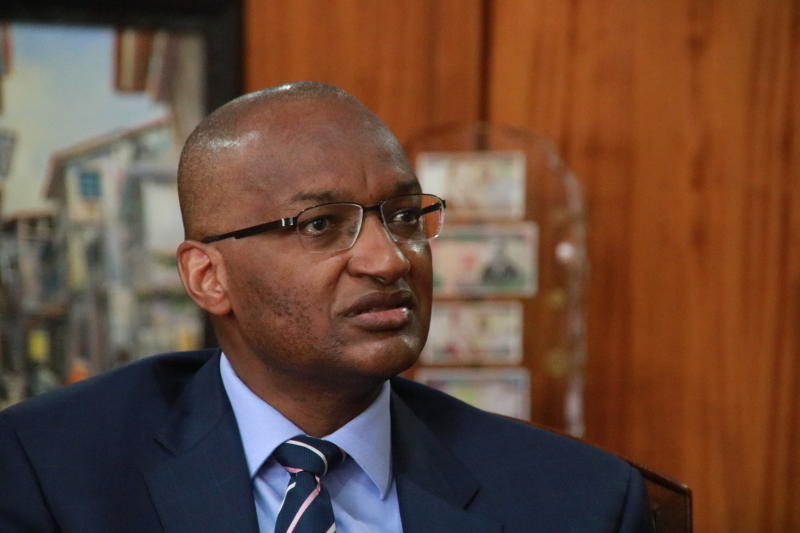×
The Standard e-Paper
Join Thousands Daily

Central Bank of Kenya Governor, Patrick Njoroge during an interview on 26th October 2020. [David Gichuru,Standard]
As days went by following the outbreak of Covid-19, the pandemic quickly morphed from a health into an economic crisis. Slowly, but surely, the spotlight was moved from Afya House to Treasury Building. It is not going to be any different in 2021. But there are three men who will have the hardest task to ensure the economy recovers from the adverse effects of Covid-19.